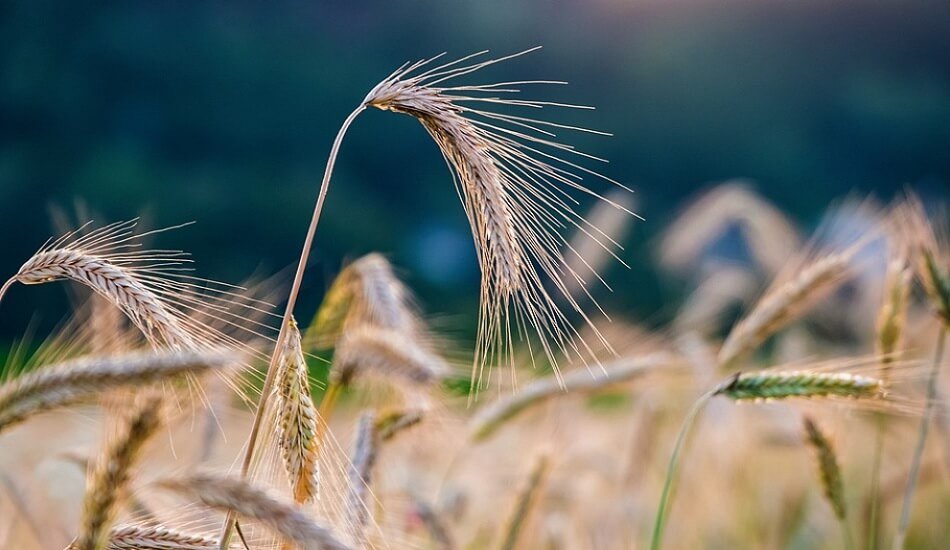Grain deal between Russia and Ukraine will extend for another sixty days
On Friday, a day before a deal that lets Ukraine export grain is set to end, the UN’s humanitarian chief said that the deal needs to be extended in order to keep food prices from going up like they did after Russia invaded its smaller neighbour.
Russia’s U.N. ambassador said again that Moscow is ready to extend the deal, but only for 60 days, which is half of the 120 days in the agreement.
In his briefing to the U.N. Security Council, Russian envoy Vassily Nebenzia repeated what a Russian delegation told senior U.N. officials at a meeting in Geneva on Monday. This showed that the Kremlin is still insisting on shortening the length of the deal to get changes to how the package is working.
Also Read | Wheat prices rise in international markets due to India’s ban on exports, Russian war: FAO
Last July, the U.N. and Turkey helped the two countries at war reach a deal that lets Ukraine, one of the world’s most important food producers, ship food and fertiliser from three of its Black Sea ports. A separate agreement between the United Nations and Russia is meant to make it easier for Moscow to send fertiliser to markets around the world.
The original agreement was for 120 days, but it was extended in November, and it ends this Saturday. It would be automatically extended for another 120 days unless one of the parties objects, which Nebenzia said Russia has done.
Martin Griffiths, the U.N.’s Undersecretary-General for Humanitarian Affairs, started the Security Council meeting by saying that the Black Sea Grain Initiative has made food prices around the world keep going down.
Under the initiative, he said, close to 25 million metric tonnes of food have been shipped out since August of last year, and the U.N. World Food Program has been able to ship more than half a million metric tonnes of wheat to help with humanitarian efforts in Afghanistan, Ethiopia, Kenya, Somalia, and Yemen. Griffiths also said that the U.N.-Russia memorandum needs to be carried out in full.
There has been ‘substantial progress, but there are still problems, especially with payment systems,’ he said, adding that U.N. Secretary-General Antonio Guterres and U.N. Trade Chief Rebeca Grynspan ‘are doing everything they can to make it happen.’ But Russia’s Nebenzia said that ‘the memorandum is simply not working’ and that the U.N. must realise that it has ‘no leverage to exempt Russian agricultural export operations from Western sanctions’ and that its efforts have not worked.
He also said that the grain export deal with Ukraine had changed from a humanitarian effort to help developing countries deal with rising food prices to a business deal that helped the four largest agro-business companies in the West.
So, Nebenzia said that Russia sent a note to Turkey and Ukraine to let them know that it doesn’t mind if the Black Sea grain initiative is extended, but only for 60 days, until May 18.
‘If Brussels, Washington, and London really want to keep sending food from Ukraine through the maritime humanitarian corridor, they have two months to exempt the entire chain of operations that support the Russian agricultural sector from their sanctions,’ the Russian envoy said.
‘Otherwise, we don’t see how the secretary-general of the United Nations’ package idea will work with these simple agreements,’ he said.
Also Read | Putin says Russia will increase wheat exports as its record harvest & higher demand
Linda Thomas-Greenfield, the U.S. ambassador, said that everyone knows that Russia’s food exports are at least as high as they were before the war ‘When the Russian government says that they can’t export grain or fertiliser, the numbers show that this is just not true.
‘When it comes to sanctions, we have gone to great lengths to make sure that governments and the private sector know that food and fertiliser are not affected ‘she told me. ‘To put it simply, sanctions aren’t the point.’
Thomas-Greenfield also said that Russia was wrong for slowing down shipping from Ukrainian ports, which made shipping costs go up.















Add Comment